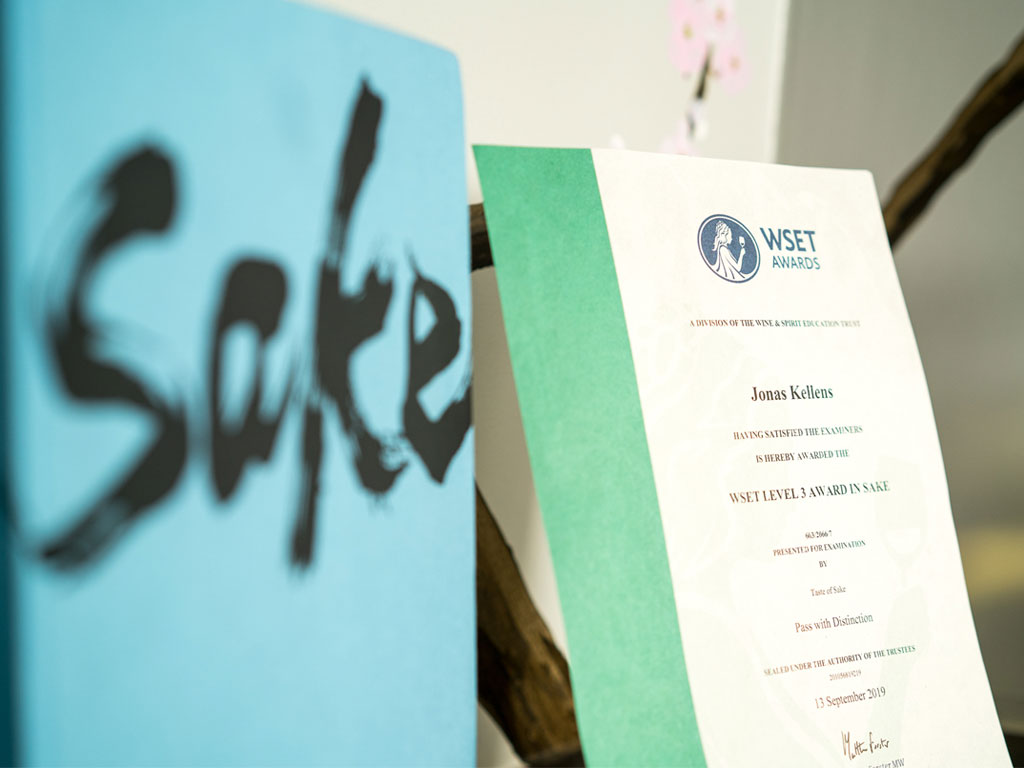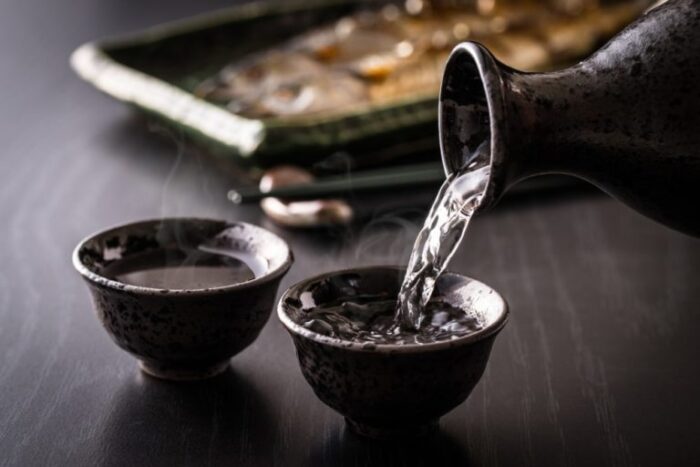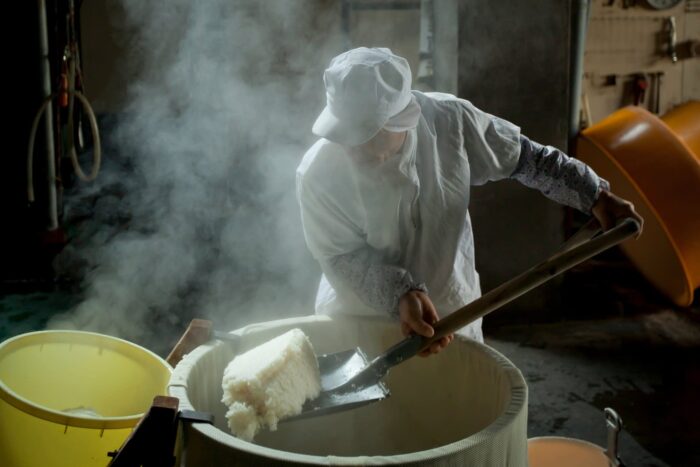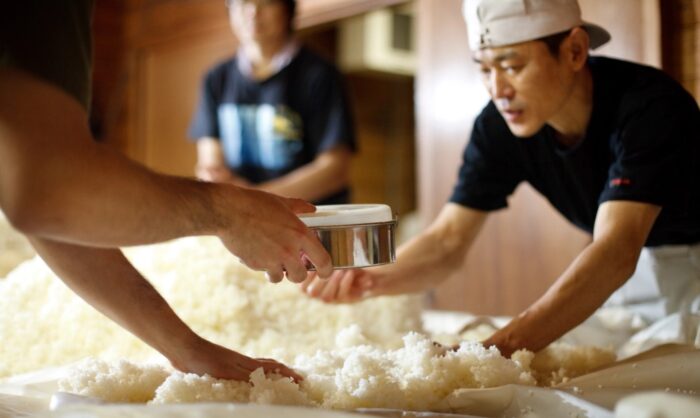
Whether you’re a novice to the world of sake or a seasoned aficionado, the quest to obtain your Professional Certification can be a journey fraught with challenges, yet full of excitement.
The study of sake isn’t just about memorizing facts and figures – it’s about immersing oneself in a rich cultural heritage, understanding the meticulous craft behind each bottle, and developing an unerring instinct for flavor profiles.
This blog post offers a roadmap to success for anyone seeking to attain this prestigious certification, with insightful tips and techniques to make the studying process more efficient, engaging, and rewarding.
1. Understand the Landscape
The foundation of any successful study plan is a comprehensive understanding of what lies ahead. The Sake Professional Certification, conducted by the Sake Education Council, encompasses three levels: Certified Sake Professional (CSP), Advanced Sake Professional (ASP), and Master of Sake (MS). Each level delves deeper into the world of sake, requiring more detailed knowledge and sophisticated tasting skills.
As you progress through these levels, you’re not just a student but a Sake Specialist in your own right. A robust study plan will address each level’s specific demands while also building a broad foundation of rice brew knowledge. This plan, tailored for specialists like you, will prepare you to navigate the intricate universe of sake with confidence and expertise.
2. Dive Deep into the Basics

The key to mastering advanced concepts is to first have a firm grip on the basics. Start your journey with a deep dive into the fundamental aspects of rice brew. Understand the different types of sake, the ingredients used, and the brewing process. Familiarize yourself with key terminology like “junmai,” “ginjo,” “daiginjo,” and “nigori,” among others. Grasp the importance of rice – not just any rice, but sake-specific rice – and how its milling affects the final product’s taste and quality.
3. Learn the Art of Tasting
Professional Certification isn’t just about theoretical knowledge; it’s also about being able to discern between different sakes by taste. This is a skill that only improves with practice. Start by tasting a wide variety of rice wines, taking note of their aroma, flavor, texture, and aftertaste.
Develop your palate by trying to identify specific flavor notes and comparing them with the official tasting notes. This process of active tasting will not only help you develop a more sophisticated palate, but it will also deepen your appreciation for the art of rice brewing.
4. Engage with the Community

Studying for the Certification isn’t a solitary endeavor. One of the most enriching ways to learn is by engaging with the vibrant community of sake enthusiasts and professionals. Attend rice wine tastings, seminars, and festivals.
Connect with fellow students and professionals on online platforms like forums and social media groups. Sharing your experiences and doubts, discussing complex topics, and learning from others’ experiences can significantly enhance your understanding of rice wine.
5. Utilize Technology to Your Advantage
In this digital age, a wealth of resources is available at your fingertips. There are numerous apps, websites, and online courses dedicated to the study of rice wine. Apps like ‘Sake Dictionary’ and ‘Sake Today’ provide a convenient way to familiarize yourself with terms and stay updated with the latest news.
Websites like ‘eSake’ and ‘Sake World offer deep insights into the world of rice wine. Online courses from platforms like ‘Udemy’ and ‘Coursera’ can provide structured learning and expert guidance. Utilize these resources to supplement your study materials and make the learning process more engaging.
6. Visit a Rice Wine Brewery

If possible, a visit to a brewery can be an invaluable experience. Seeing the brewing process firsthand, speaking with the toji (master brewer), and tasting sake right from the source can give you insights no textbook can. It’s an opportunity to see the art and science of rice wine brewing in action, a tangible encounter that adds depth and context to your theoretical knowledge.
7. Practice with Mock Exams
As the adage goes, practice makes perfect. Familiarizing yourself with the exam format and types of questions asked can significantly reduce exam-related stress. Many resources online provide mock exams for the Sake Professional Certification. These practice tests will help you gauge your preparedness, identify areas of weakness, and hone your exam-taking skills.
8. Keep Up with the Latest Trends

Sake, like any other field, is not static. New brewing techniques are constantly being developed, and the industry’s trends are continually evolving. Stay informed about the latest developments in the sake world.
Follow renowned professionals on social media, subscribe to sake-related newsletters, and keep an eye on new product releases. This will ensure that your knowledge is always up-to-date and relevant.
9. Mindset and Attitude
Last, but certainly not least, cultivate a mindset of curiosity and enthusiasm. Rice wine is not just a beverage. It’s a representation of centuries-old traditions and a testament to the craftsperson’s skill.
Adopting a mindset of reverence and curiosity will make your study journey more enjoyable and fulfilling. Remember, the goal is not just to pass the exam but to develop a deep understanding and appreciation of sake.
10. Balance Your Time and Energy

While immersing yourself in the world of sake, remember to balance your time and energy. Studying for professional certification is an intense process, and it can be easy to neglect other aspects of your life.
Make sure to maintain a healthy lifestyle, taking time for physical activity, relaxation, and socializing. This will not only keep you mentally and physically fit but also prevent burnout and keep your passion for sake alive.
Wrapping Up
With the right study plan and attention to detail, you can successfully pass any professional certification exam. We have provided a comprehensive list of tips and techniques that can help you with your studies for the sake of obtaining a professional certification.
Even if you feel overwhelmed at first, don’t give up – focus on taking it one step at a time and be sure to take advantage of all available resources such as practice exams or additional materials. Good luck!








